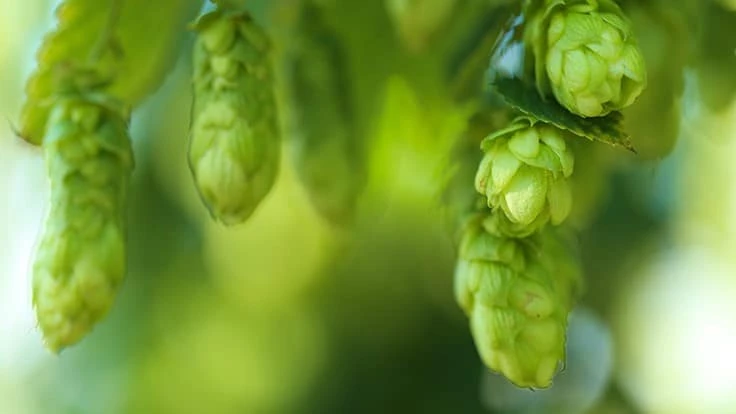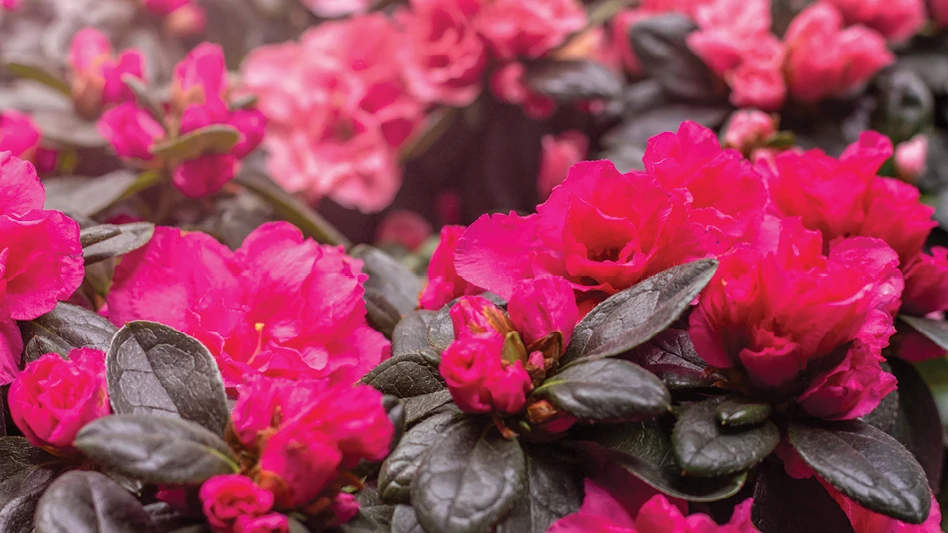
Photo © Yuliya | Adobe Stock
Hops production may be more viable in greenhouses and controlled environments than previously thought, according to a new study published in Scientific Reports.
Bill Bauerle, professor of ecophysiology and plant stress physiology in the Department of Horticulture and Landscape Architecture at Colorado State University, has published a new paper titled “Disentangling photoperiod from hop vernalization and dormancy for global production and speed breeding.”
The study, conducted in a controlled environment through 13 crop cycles, challenges previously held beliefs that hop plants require dormancy and vernalization to produce inflorescences, or “cones,” which are essential ingredients for brewing beer.
“Vernalization and dormancy, two plant traits previously considered necessary to the proliferation of hop flowers, do not influence hop flower yield and quality,” Bauerle wrote in the Scientific Reports paper, which was published earlier in November.
Without the vernalization requirement, greenhouse and controlled-environment-agriculture producers could produce more yields of hops, according to the study.
“The findings have broad implications; global hop production can be distributed more widely and it paves the way for speed breeding and controlled-environment production to achieve 4 hop generation cycles per year, as opposed to 1 under field-grown conditions,” Bauerle wrote.
Greenhouse Management published information about hops’ alleged vernalization requirements in its June 2019 cover story, which featured greenhouse growers of both young and mature hop plants.
Read the full study here.
Get curated news on YOUR industry.
Enter your email to receive our newsletters.
Latest from Greenhouse Management
- Growing enlightened
- American Floral Endowment awards 17 organizations $60,700 in educational grants
- Floral businesses invited to join Society of American Florists' Petal It Forward event in October
- Bioline AgroSciences acquires Viridaxis to strengthen leadership in aphids biocontrol
- Ryley Leech joins JumpLights as vice president of sales
- Meet the Retailers' Choice Awards from 2025 Farwest Show
- Added value
- National Garden Bureau announces featured crops for 2026 'Year of the' program





